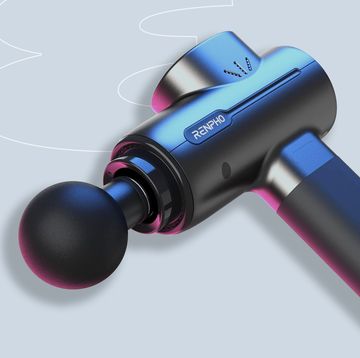With Americans clocking at least 50 hours per week, almost a full workday longer than a standard 9 to 5 workweek, the culture of burnout remains a hot topic. But what employers still fail to realize is that face-time doesn't equal quality time, at least when it comes to the work.
As The Guardian points out, OECD countries that work long hours—i.e., Korea (2,124), Greece (2,042), Chile (1,990), and Poland (1,923)—have a statistically significant negative relationship between the average hours worked and amount earned per hour. Put another way, countries with longer working hours seem to have fewer economically productive workers.
Perhaps it's because they're exhausted. As a study recently published in the Journal of Occupational Health Psychology points out, telepressure, or the urge to respond to work-related emails when they're received, hampers quality sleep, increases absences, and leads to general exhaustion. Makes sense: How jazzed are you to hear from your boss at 9 p.m.?
It's no surprise, then, that companies like clothing retailer Uniqlo have cut back employees' hours or that the U.K., a place where workers clock 1,677 hours over the course of the year, has designated this day, September 23, Go Home on Time Day. Though some people may pride themselves on the ability to stay at their desk round the clock, there's something to be said for efficiency—and getting enough sleep.
As Anne-Marie Slaughter puts it in her new book, Unfinished Business, "I quickly discovered that when in fact I let myself get seven or eight hours of sleep, I was happier, pleasanter, and unquestionably more productive." Why go about our lives in a sleep-deprived fog?













